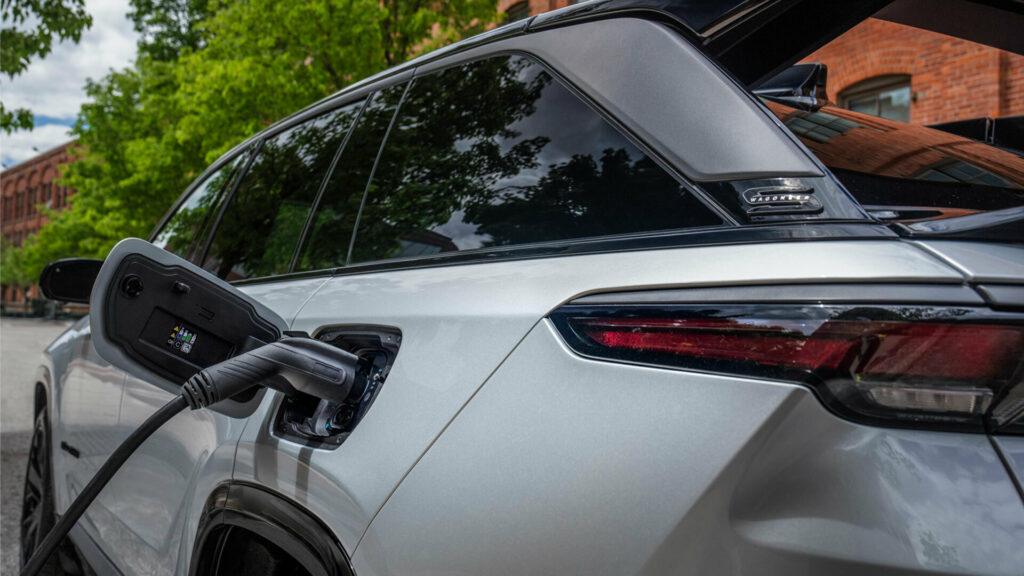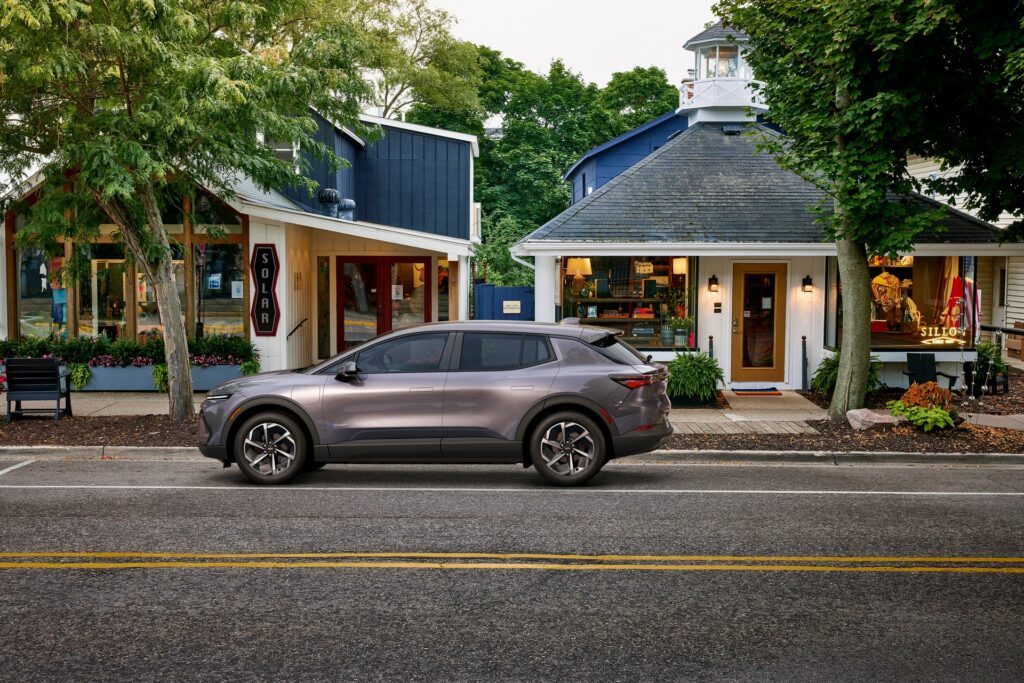
- The IRS has quietly extended the deadline for Americans to get the clean vehicle tax credit.
- As long as customers make a payment and have a binding contract, they’ll get the credit.
- This means that even if they take delivery after the September 30 deadline, they’ll get the credit.
When President Donald Trump signed The One Big Beautiful Bill into law, it sped up the elimination of the clean vehicle tax credit. The $7,500 incentive was originally set to expire on December 31, 2032, but that date was moved forward to September 30, 2025.
var adpushup = window.adpushup = window.adpushup || {que:[]};
adpushup.que.push(function() {
if (adpushup.config.platform !== “DESKTOP”){
adpushup.triggerAd(“0f7e3106-c4d6-4db4-8135-c508879a76f8”);
} else {
adpushup.triggerAd(“82503191-e1d1-435a-874f-9c78a2a54a2f”);
}
});
The change has helped to drive EV sales as some consumers are rushing to buy one before the tax credit expires. However, they’re getting a little bit of breathing room thanks to new guidance by the IRS.
More: America’s EV Boom Suddenly Took Its First Hit After 14 Months Of Growth
As noticed by Investor’s Business Daily, the IRS states the new and previously-owned “credit will not be allowed for any vehicle acquired after September 30, 2025.” While that was expected, the meaning of “acquired” takes on a lot of significance.
While the initial expectation was that a vehicle needed to be in customer hands, the IRS says a “vehicle is ‘acquired’ as of the date a written binding contract is entered into and a payment has been made.” They went on to note a payment can include everything from a trade-in to a “nominal” amount.

Unfortunately, things aren’t that easy as the IRS said “acquisition alone does not immediately entitle a taxpayer to a credit” as it’s just an “initial step.” However, they noted “If a taxpayer acquires a vehicle by having a written binding contract in place and a payment made on or before September 30, 2025, then the taxpayer will be entitled to claim the credit when they place the vehicle in service (namely, when they take possession of the vehicle), even if the vehicle is placed in service after September 30, 2025.”
This means as long as you sign paperwork and make a payment before September 30, you should still get your tax credit. Strangely, the IRS didn’t mention a final deadline for customers to take delivery. While that’s a puzzling, it means customers don’t have to stress out about getting an EV that might be in short supply as the tax credit winds down.
var adpushup = window.adpushup = window.adpushup || {que:[]};
adpushup.que.push(function() {
if (adpushup.config.platform !== “DESKTOP”){
adpushup.triggerAd(“bb7964e9-07de-4b06-a83e-ead35079d53c”);
} else {
adpushup.triggerAd(“9b1169d9-7a89-4971-a77f-1397f7588751”);
}
});

#IRS #Quietly #Extends #Tax #Credit #Deadline #Catch

